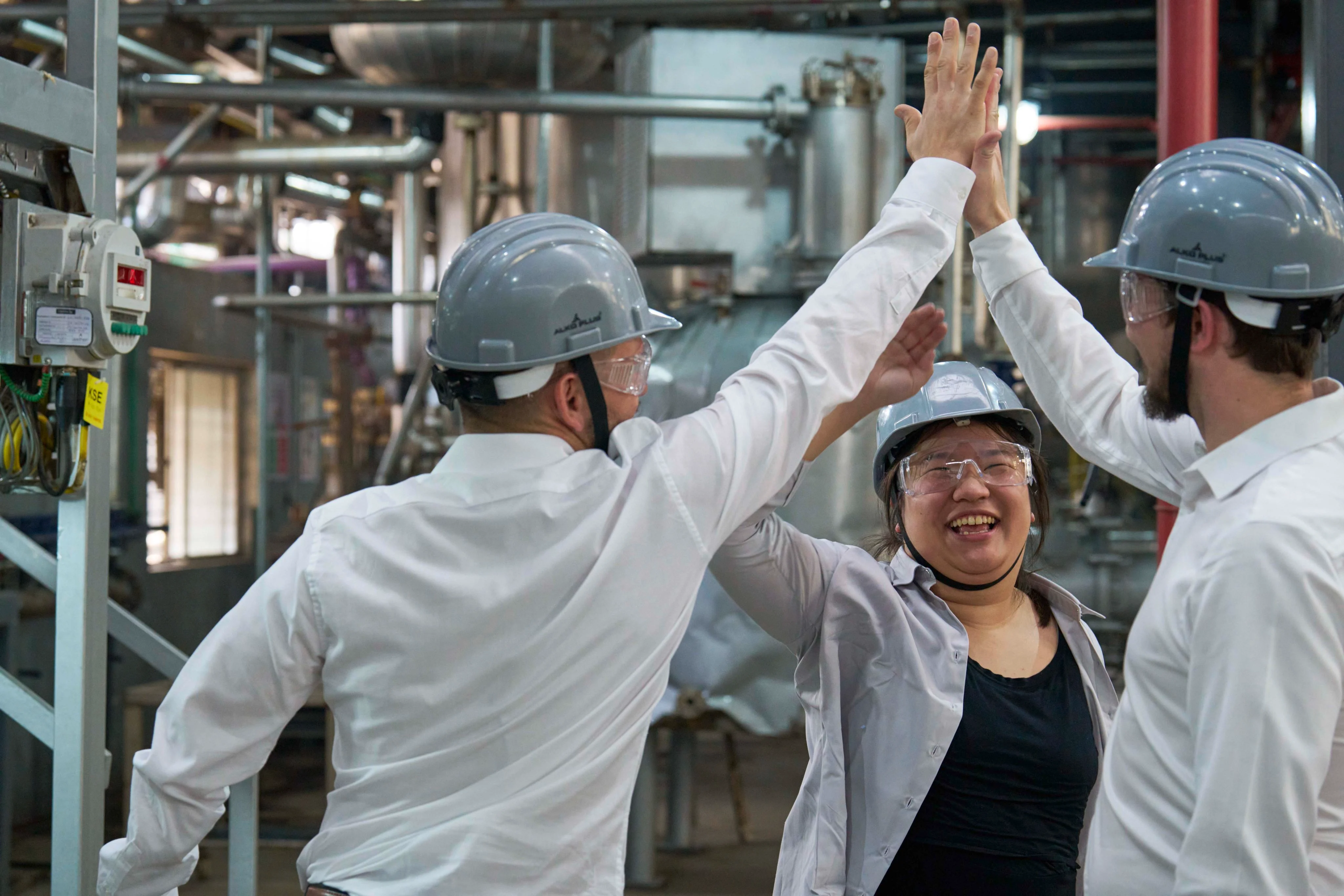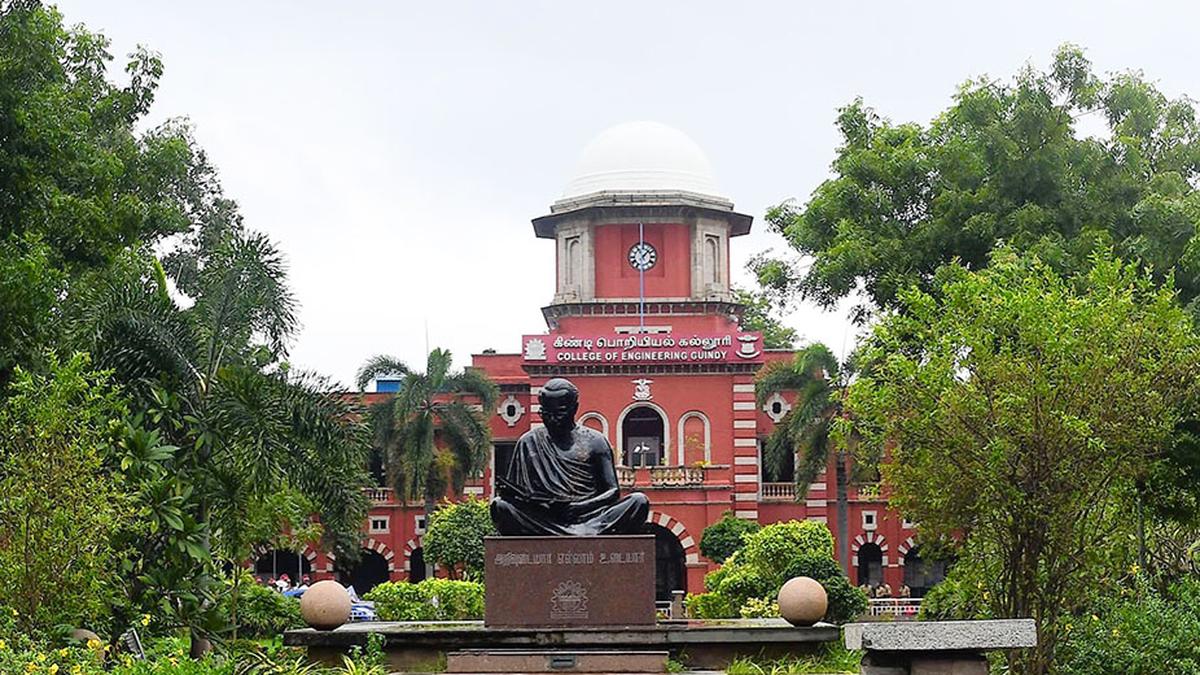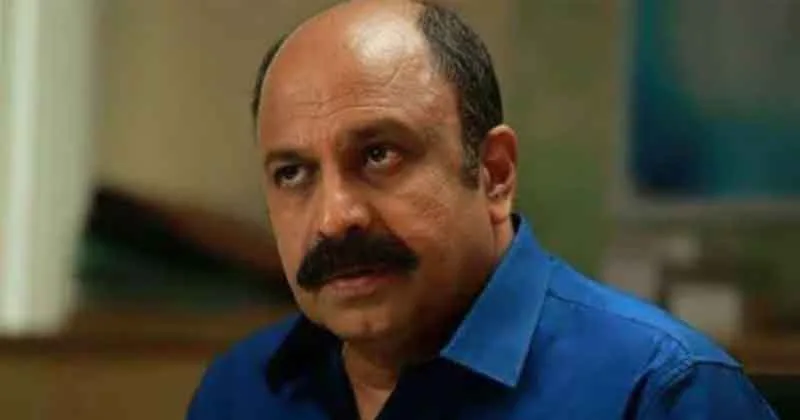By Morning Studio editors
Copyright scmp

Scientific solutions that tackle two global challenges – the transformation of plastic waste into useful consumer goods, and tackling malnutrition in African nations – have been created by a couple of determined innovators.
Miranda Wang and Felix Brooks-church achieved their breakthroughs thanks to years spent thinking outside the box and repeated experimentation – and the vital support of Rolex.
The Swiss watchmaker has long been committed to helping scientific pioneers, daring creatives and intrepid explorers in their efforts to make a positive and lasting impact on the Earth.
It launched its Perpetual Planet Initiative in 2019 to help individuals and organisations that are working to protect the planet while promoting visionary technologies and discoveries that can restore a balance to its ecosystems.
When it comes to innovative ideas and a dedicated passion for solving the complex environmental challenges facing the world, the Rolex Award Laureates Wang and Brooks-church have both excelled at making the planet a greener and healthier place.
Canadian tech entrepreneur Wang has developed a scientific solution to the growing threat of plastic waste. Her company, Novoloop, upcycles the waste into industrial-grade chemicals which can be used to make everyday products such as car parts, shoes and electronic equipment.
American social entrepreneur and inventor Brooks-church, on the other hand, is helping to improve the health and well-being of people in underdeveloped African countries. He co-founded non-profit organisation Sanku to help end malnutrition problems by equipping mills with “dosifier” machines, which help deliver essential micronutrients into grains that are benefitting millions of people.
First introduced in 1976, the awards are now part of the Perpetual Planet Initiative, which champions trailblazing technologies and game-changing scientific discoveries, particularly those related to ocean and landscape conservation, as well as science, health and technology.
Plastic waste turned into useful materials
Since Wang and Brooks-church won their Rolex Awards in 2019 and 2021 respectively, their projects have received significant support from the Swiss watchmaker. Rolex has provided Wang with crucial funding to help propel her mission of eliminating plastic waste.
Each year an estimated 52 million tonnes of plastic waste, including bottles, cups, bags, packaging and straws, are dumped into the world’s oceans, rivers and lakes, and onto countryside and urban areas – posing environmental, economic, social and health risks that threaten wildlife and humans. Additionally, the process of plastic production, which is highly dependent on fossil fuels, is a major contributor to carbon emissions.
Most of the planet’s plastic waste cannot be reused as it stands, but Wang’s innovative solution aims to change this. The entrepreneur, who was born in China and grew up in Canada, first developed an interest in the topic after a school field trip to a plastic processing plant.
Her solution was inspired by the discovery of plastic-eating bacteria with her friend Jeanny Yao and researchers from Canada’s University of British Columbia. This led Wang and Yao to establish Novoloop in 2015 and the duo then spent a few more years researching and creating new chemical processes to transform plastic waste in a way that could be scaled across the world.
The team eventually came up with a process that breaks down plastics into chemical building blocks, which are then redeveloped into high-performance plastics that can be used to make consumer products – a huge milestone in the world’s journey towards a plastic circular economy where all materials are recycled and used ad infinitum.
“Becoming a Rolex Laureate in 2019 was a very critical moment for our company,” Wang says. “It allowed us to bring in proper analytical equipment and make our reactions better. By 2021 and 2022, we were able to produce pellets that had the right properties.”
Rolex’s support also allowed Wang, Yao and their team to scale up their operations and turn a scientific idea into a real-world solution. They are now realising more than a decade of innovation at Novoloop’s demonstration plant in Surat, India, which began continuous operations in April last year.
Novoloop partnered with Surat-based speciality chemicals manufacturer Aether Industries to prove that the processes can operate in an industrial setting round-the-clock. The project focuses on upcycling polyethylene, which is found in products such as plastic bags and cling film.
Wang’s aim is to run the pilot plant for 1,000 hours to gather performance data alongside generating product samples so her team can further scale up their commercial operations. Her goal is to convert up to 175,000 tonnes of plastic waste and reduce up to 800,000 tonnes of carbon dioxide annually by 2030.
“There’s so much plastic on this planet that it is now permanently in the fossil record,” Wang says. “If we can turn the tap off on fossil fuel consumption, that will make a sizeable impact on the entire global plastics industry.”
Ending malnutrition … one dosifier machine at a time
Brooks-church and his social enterprise, Sanku, were recognised by the Rolex Perpetual Planet Initiative for their mission to provide essential nutrients in diets of millions of malnourished people in East Africa.
His dosifier machines in mills across Tanzania and Kenya fortify bags of flour with micronutrients such as iron, vitamin B12 and zinc to improve the health and well-being of millions of people.
For at least a decade, Sanku has been installing these machines at minimal cost to the millers, consumers and the enterprise itself. Support from Rolex has allowed Sanku to expand its operations into Ethiopia. Its dosifiers are now operating in about 1,500 mills in the region, benefiting more than 25 million people.
Brooks-church began working on the prototype of the dosifier in 2010 when he was in Nepal, using sketches drawn by engineers from Stanford University in the United States. He spent two years refining the machine so it could conveniently dispense nutrients into milled grains. He later named his company Sanku – after the Nepalese village where the project began.
Sanku’s African operations launched in Tanzania in 2015 with a single machine. However, it quickly grew when Brooks-church realised that big manufacturers were not fortifying their products or were using poor-quality nutrients. “Every time a miller is milling and not using quality nutrients, we’re robbing ourselves of the opportunity to save a life,” he says.
Over the past decade, Sanku has adapted its machines to fit any mill of any size and has sourced ingredients locally to keep costs down. The recent expansion into Ethiopia has been aided by the launch of a micronutrient blending factory in Tanzania that produces enough premix to enrich more than five billion plates of food every year.
Brooks-church now wants to expand Sanku’s operations across more territory in East Africa – and Rolex is continuing its support for his mission.
“We don’t want to end malnutrition in one village or one country,” he says. “We want to end malnutrition. We’ve always had the goal of reaching 100 million people by 2030.”
This article is part of the “Preservers of our natural world” series, which highlights the work of organisations and individuals supported by Rolex and its Perpetual Planet Initiative to safeguard our planet for future generations.



